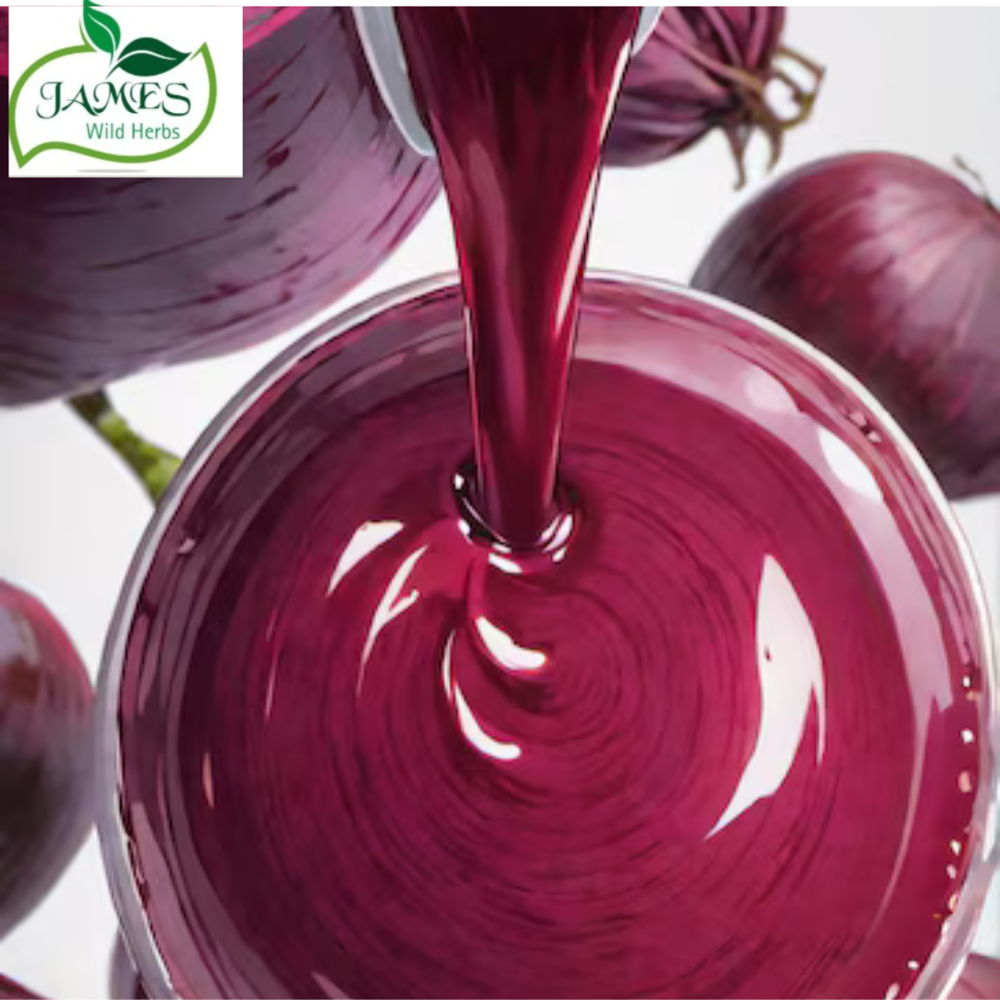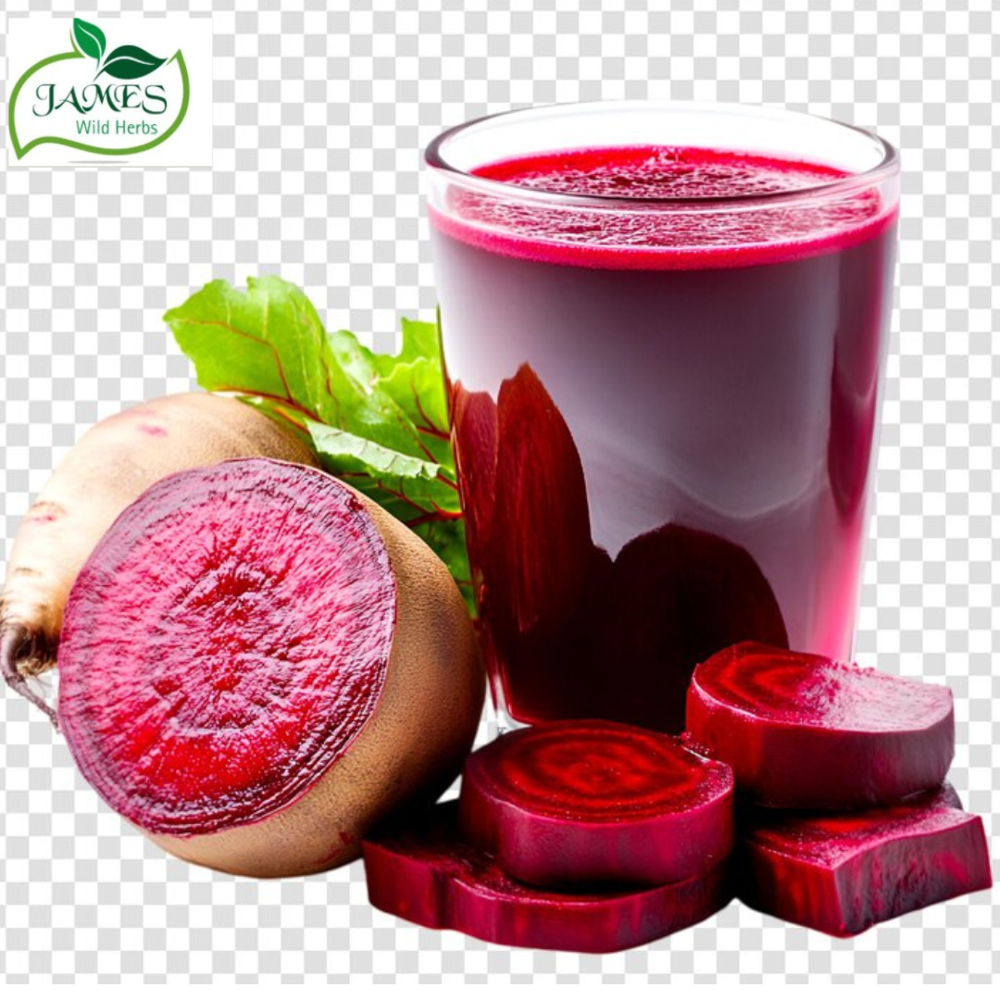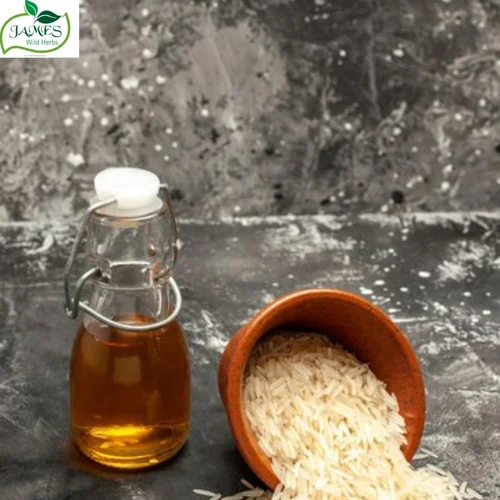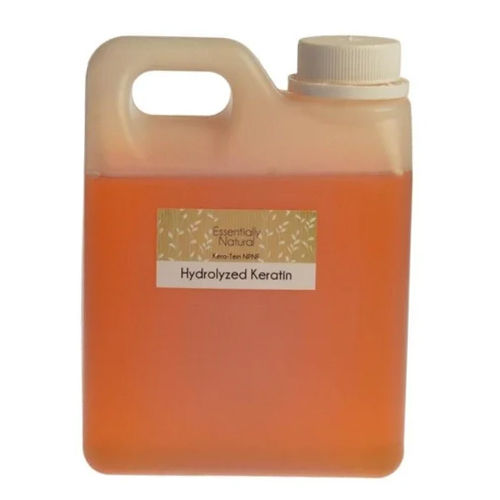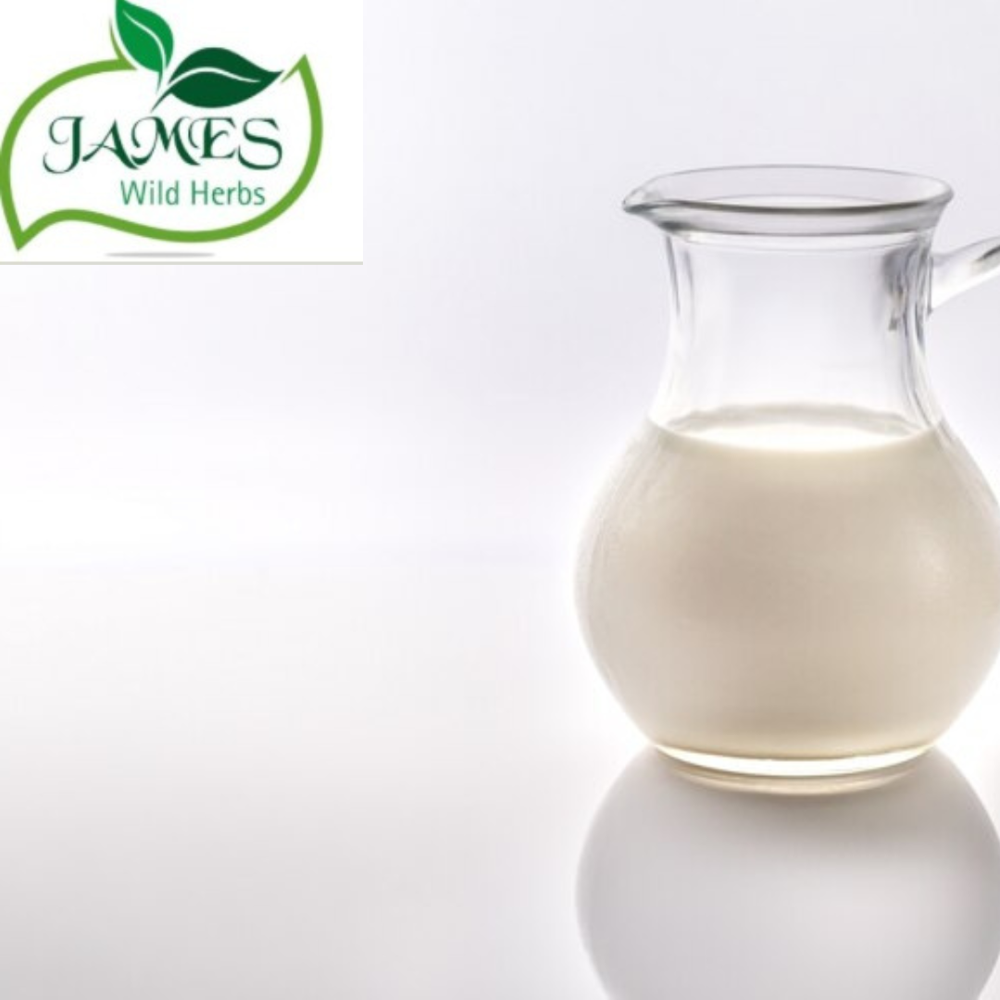Hydrolyzed Beet Protein
Product Details:
Hydrolyzed Beet Protein Price And Quantity
- 4500.0 INR/Kilograms
- 50 Kilograms
Hydrolyzed Beet Protein Trade Information
- Cash in Advance (CID)
- 1 Kilograms Per Day
- 7 Week
- Yes
- If order is confirmed we will reimburse the sample cost
- 30 LITRE
- Asia Australia Central America North America South America Eastern Europe Western Europe Middle East Africa
- All India
Product Description
Hydrolyzed beet protein is a form of beetroot protein that has undergone hydrolysis, a process that breaks down the protein molecules into smaller peptides. This makes it easier for the body to digest and absorb the protein, providing a more bioavailable source of amino acids.
Here are some key points about hydrolyzed beet protein:
-
Source: It is derived from beets, a root vegetable that is well-known for its rich nutrient profile, including vitamins, minerals, and antioxidants. The protein in beets is extracted and then hydrolyzed to enhance its digestion and absorption.
-
Hydrolysis Process: During hydrolysis, the protein is exposed to enzymes or acidic conditions, which break the long chains of amino acids into shorter fragments (peptides). This makes the protein more digestible and allows the body to access the amino acids more efficiently.
-
Benefits:
- Digestibility: Because it is broken down into smaller peptides, hydrolyzed beet protein is easier for the body to absorb compared to whole, unprocessed proteins.
- Rich in Amino Acids: Like other proteins, beet protein provides essential amino acids that the body needs for muscle growth, repair, and general functioning.
- Antioxidant Properties: Beets are rich in betalains, a group of antioxidants that have anti-inflammatory and detoxifying effects, which may complement the protein's benefits.
- Sustainable Source: Beet protein can be considered a more sustainable protein source compared to some animal-based proteins, making it appealing for vegetarians, vegans, and those looking for plant-based options.
-
Uses:
- Sports Nutrition: Due to its quick absorption and amino acid profile, hydrolyzed beet protein is used in various sports supplements and post-workout recovery products.
- Vegan and Plant-Based Diets: It's a great protein alternative for people who follow vegan or vegetarian diets, offering a non-dairy, non-animal-based protein option.
- Health Supplements: People also use beet protein to support muscle mass, aid in weight loss, and promote general health due to its beneficial properties.
-
Taste and Texture: Beet protein tends to have a mild, earthy flavor, which may vary depending on how it's processed. The hydrolysis process might make it less gritty or more palatable than regular beetroot powder.
-
Side Effects: Generally, beetroot-based products are well-tolerated. However, if consumed in excessive amounts, they may cause digestive discomfort like bloating or gas due to their fiber content. Always follow recommended dosages.
Hydrolyzed beet protein is gaining popularity as a plant-based protein source due to its unique combination of benefits, digestibility, and sustainable origin.

Price:
- 50
- 100
- 200
- 250
- 500
- 1000+

